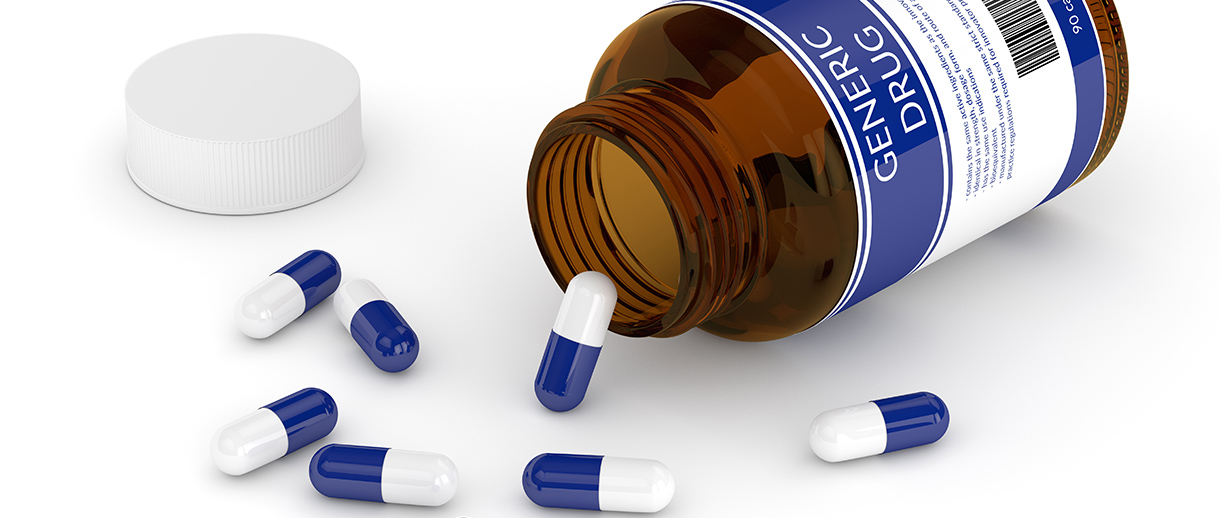
India is the largest producer of generic drugs in the world, and thus, it is no surprise that a great deal of patent litigation in India has centred on the manufacture of generics. While there are provisions in the law that permit the use of patented drugs for research and development (“R&D”) and for obtaining regulatory approvals, permissibility around the export of such drugs for similar purposes can be in the grey. This is because the purpose of export may be difficult to clearly establish. This note attempts to examine the latest position on this issue, while discussing the ambit of related exceptions to patent infringement.
Introduction
A patentee has the right to stop others from making, using, selling, and distributing the patented invention in a defined jurisdiction for a specific period of time. However, many jurisdictions also recognise that this right is not absolute, and there may be acts relating to a patent that do not always constitute patent infringement. Sections 107 and 107A of the Indian Patents Act, 1970 (“the Act”) contain exceptions to the monopoly rights of a patent holder provided in Section 48.
Section 107A is directed to exceptions known as “the Bolar provision”, which states that:
“(a) any act of making, constructing, [using, selling or importing] a patented invention solely for uses reasonably related to the development and submission of information required under any law for the time being in force, in India, or in a country other than India, that regulates the manufacture, construction, [use, sale or import] of any product;
…
shall not be considered as an infringement of patent rights.”
Essentially, where a patented invention is made, sold or imported, only to submit information or data to a regulatory authority, such acts are not construed as infringement. Although neutrally worded, in India, like elsewhere, Bolar provisions are critical to the drug industry.
Drug regulatory approvals are inevitably necessary before the launch of any pharmaceutical product. For seeking such approvals, manufacturers must provide data to prove that the products in question are safe. Manufacturers of generic drugs must also conduct bioequivalence and bioavailability studies to prove safety and efficacy. By using the Bolar provision, generic drug manufacturers may produce patented drugs in limited quantities for R&D, and thus use the patented invention to obtain marketing approval without the patentee’s permission and before the expiration of the patent. Timing this process well can mean that the generic drug is able to be launched shortly after the patent term expires.
While Section 107A enumerates actions that are not considered infringement, it does not provide other specifications such as the permissible quantity of products that can be produced, used, or exported by a third party. The Act also is not clear as to whether export of patented products for seeking approvals in a foreign jurisdiction is covered. This article aims to address some such issues.
Export of patented drugs
By virtue of being the world’s largest producer of generic drugs, Indian generic manufacturers need to obtain regulatory approvals in countries where the drugs are to be exported. The question is, can manufacturers export made-in-India drugs for regulatory approvals under the Bolar provision?
This issue was discussed by the Delhi High Court in Bayer Corporation Vs. Union of India and Bayer Intellectual Property GMBH vs Alembic Pharmaceuticals Ltd, (MANU/DE/1411/2019). The Court affirmed that export is covered under the Bolar provision. Holding that Section 107A is an independent provision for facilitating research and progress in fields covered by patents, the Court said that “selling” under Section 107A includes “export”. The absence of the term “export” in the provision does not lead to an interference that export is not within its scope. Merely because “export” is used in different contexts in Sections 84, 90 and 92A, it does not follow that Parliament intended to exclude exports from the term ‘sale” in Section 107A. The scope of sale cannot be narrowed only to sale in India. The Court thus rejected Bayer’s contention that only information can be exported, and not the patented invention.
In concluding thus, the Court identified a few factors, discussed below, to determine whether or not an export may be permissible under the Bolar exception.
Intent of the Exporter
An unregulated exploitation of exportation by generics manufacturers under the Bolar exception could be detrimental to innovator companies. In Bayer, the Court said that the conduct or action of the party in question is extremely important and decisive. The volume of the patented product and its use for R&D cannot be the only concerns. The Court provided a list of factors to be considered in such cases. The list includes the nature of the product or elements sought to be exported, details of the importing party, quantity, and the end use of the product / the objective of the export. However, the Court also clarified that this was not an exhaustive list, and other relevant factors should also be considered.
This issue came up again before the Delhi High Court in Merck Sharp and Dohme & ANR vs SMS Pharmaceuticals Limited (MANU/DE/1327/2021). Here, the Court allowed a conditional export of the Sitagliptin by SMS Pharmaceuticals Limited for R&D. The Court asked the defendant to file an affidavit of the quantities of Sitagliptin being exported and the purpose for which it is used, as well as an undertaking by the foreign buyers that the export was only for R&D.
Non-verification of export purposes cannot take away Bolar rights
In Merck, the Court restated its earlier position that there can be no restraint of export of a patented invention provided such export is for R&D purposes. Commercial gains reaped by the exporter due to exporting the product for R&D cannot disentitle it to the benefit of Section 107A. The Court also observed that the difficulty in verifying whether export for R&D is being commercially exploited cannot be a legitimate ground to deny benefits under Section 107A.
Exports not just for Related Companies
In Merck, the Court noted that the patent-owner/plaintiff had already permitted a third-party to export the drug in question for R&D purposes. Denying equivalent benefits to the defendant would place the defendant at a disadvantage vis-à-vis such third parties. The Court also observed that there was no requirement under Section 107A that exports should only be between sister concerns. Indeed, the Court noted that Section 107A does not require that there be any relationship between the defendant and its foreign buyers. It said that the Bolar provision would be rendered otiose if such a requirement were insisted upon. Merely because, in certain cases, liberty granted by a court has been unfairly exploited, such liberty cannot be denied when sought.
Conclusion
The Bolar provision is a special provision that helps ensure, among other things, that R&D continues unhindered, and that patented drugs remain available to the public well after the expiration of the patent period. Employing the Bolar provision so as not to infringe the patentee’s rights while simultaneously ensuring that public interests are served can be tricky, and requires understanding the various conditions that need to be met. One such condition is that the Bolar exception must not be misused by the generic companies for profiteering. Failing to clearly establish that there is no commercial exploitation does not automatically deprive an exporter from benefitting from the Bolar provision, but courts will likely look for clear intent on the part of the exporter where infringement is in question. Thus, it becomes important for the exporter to satisfactorily demonstrate that the export was for genuine purposes and in good faith (e.g., for R&D or for obtaining regulatory approvals, etc.), and any profiteering thus incurred was incidental. Failing to prove this could run plans of export and subsequent manufacture aground, and needless to say, the consequences for society would be huge.
















